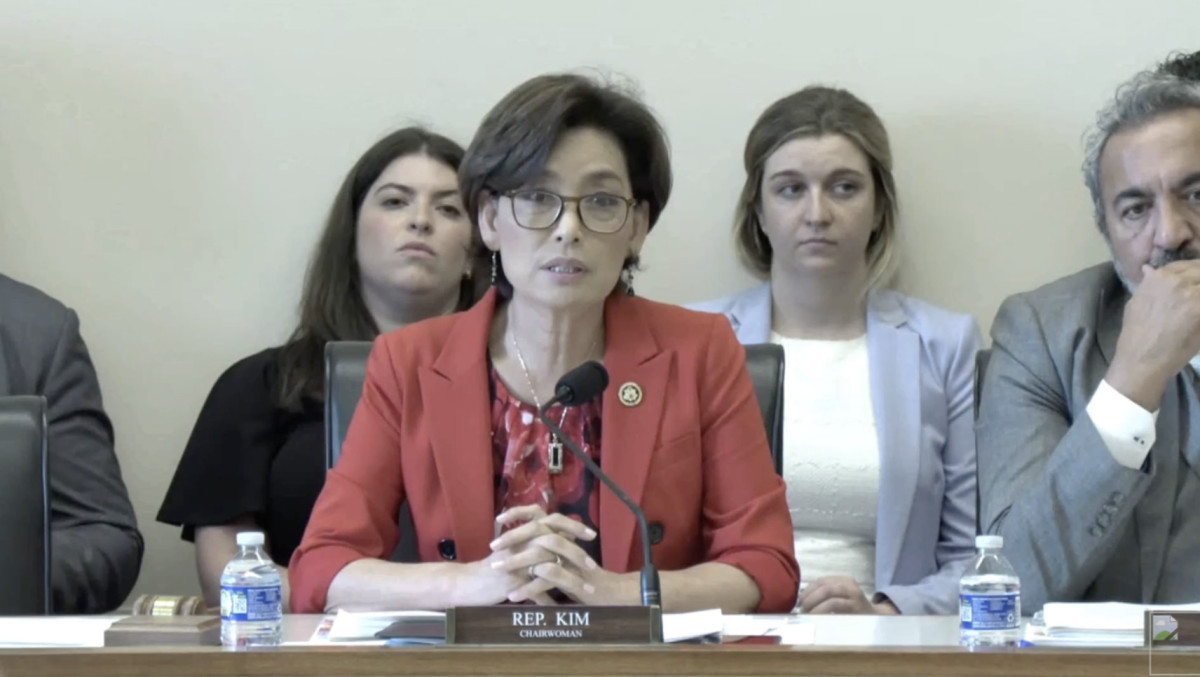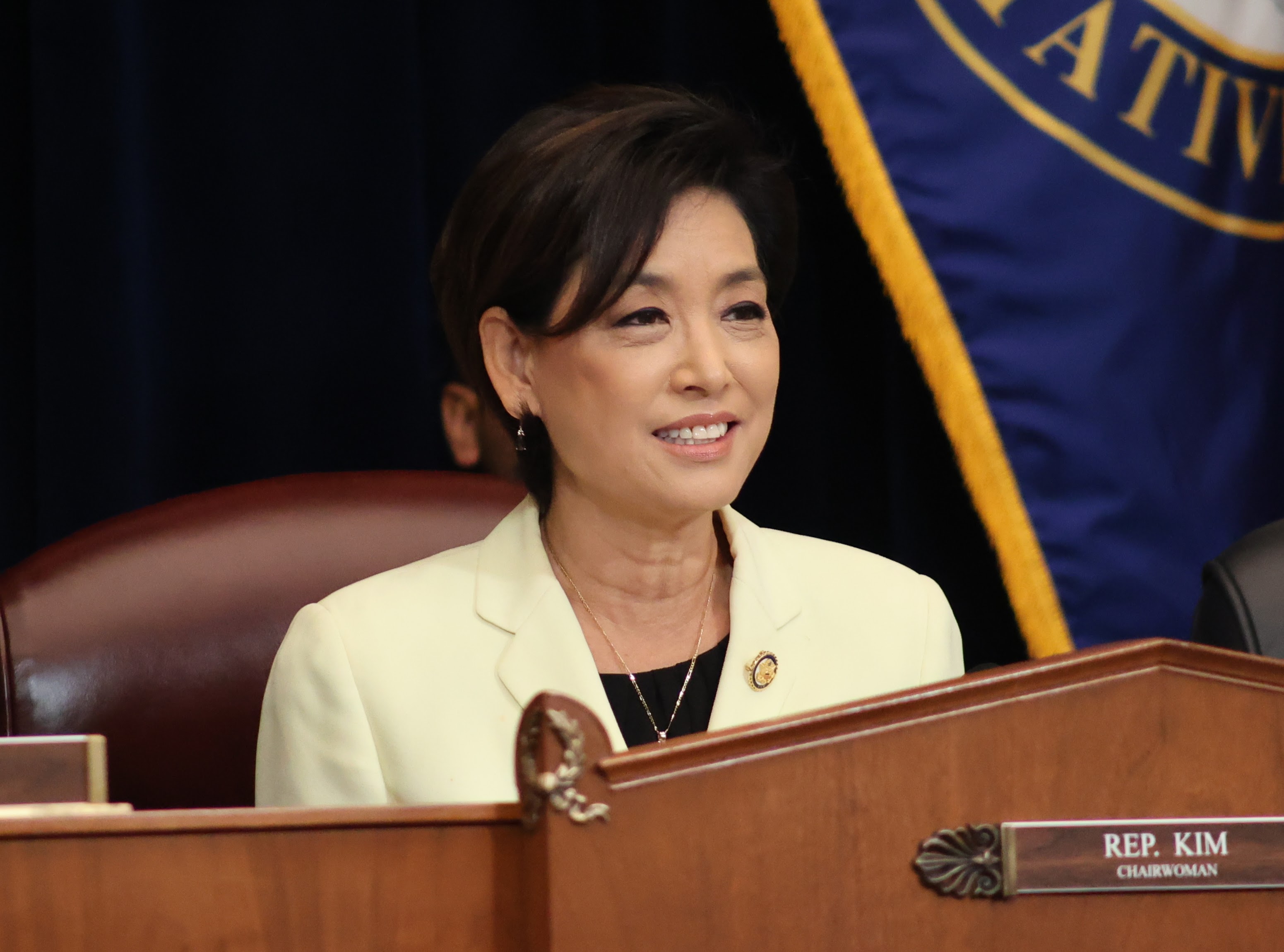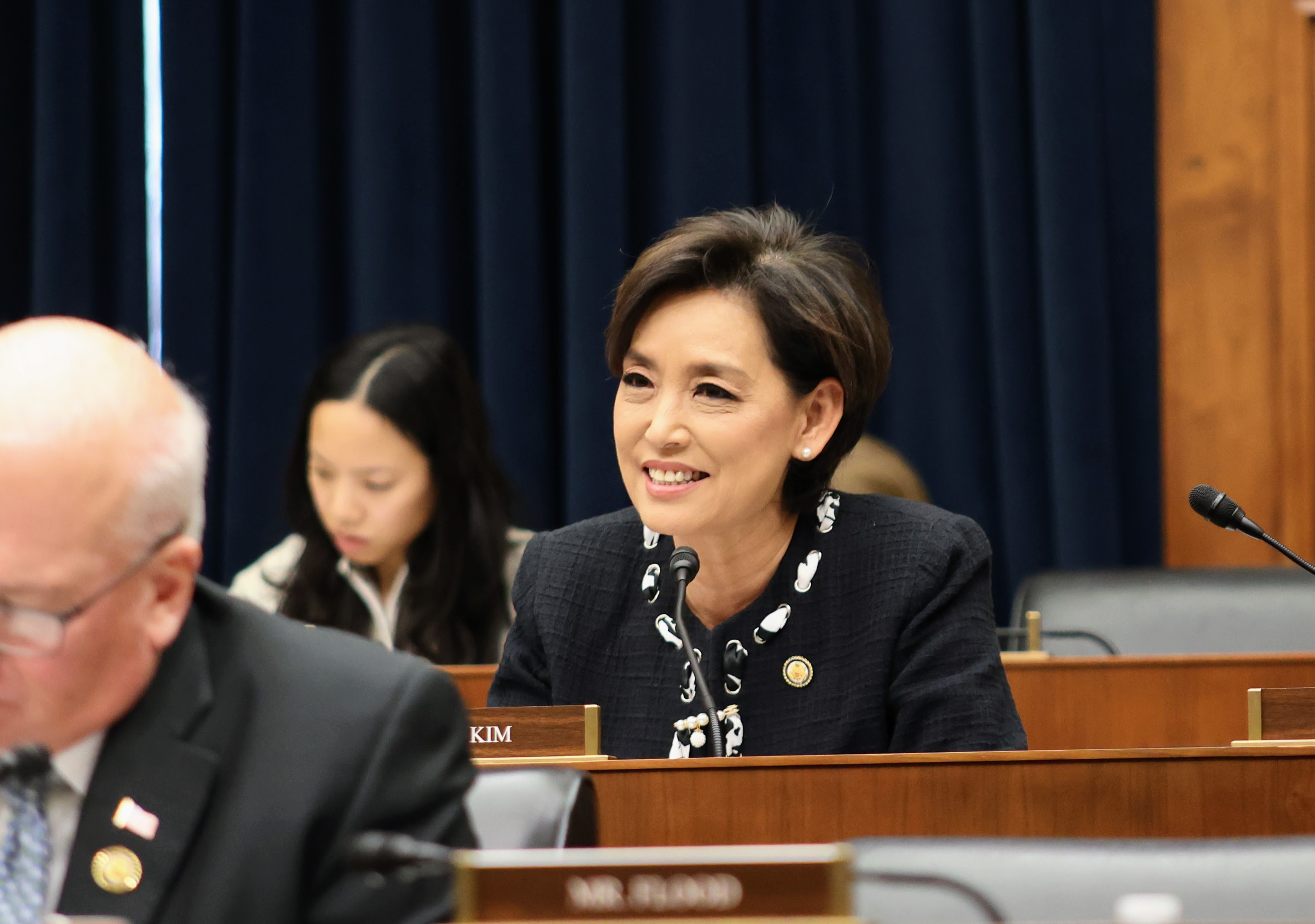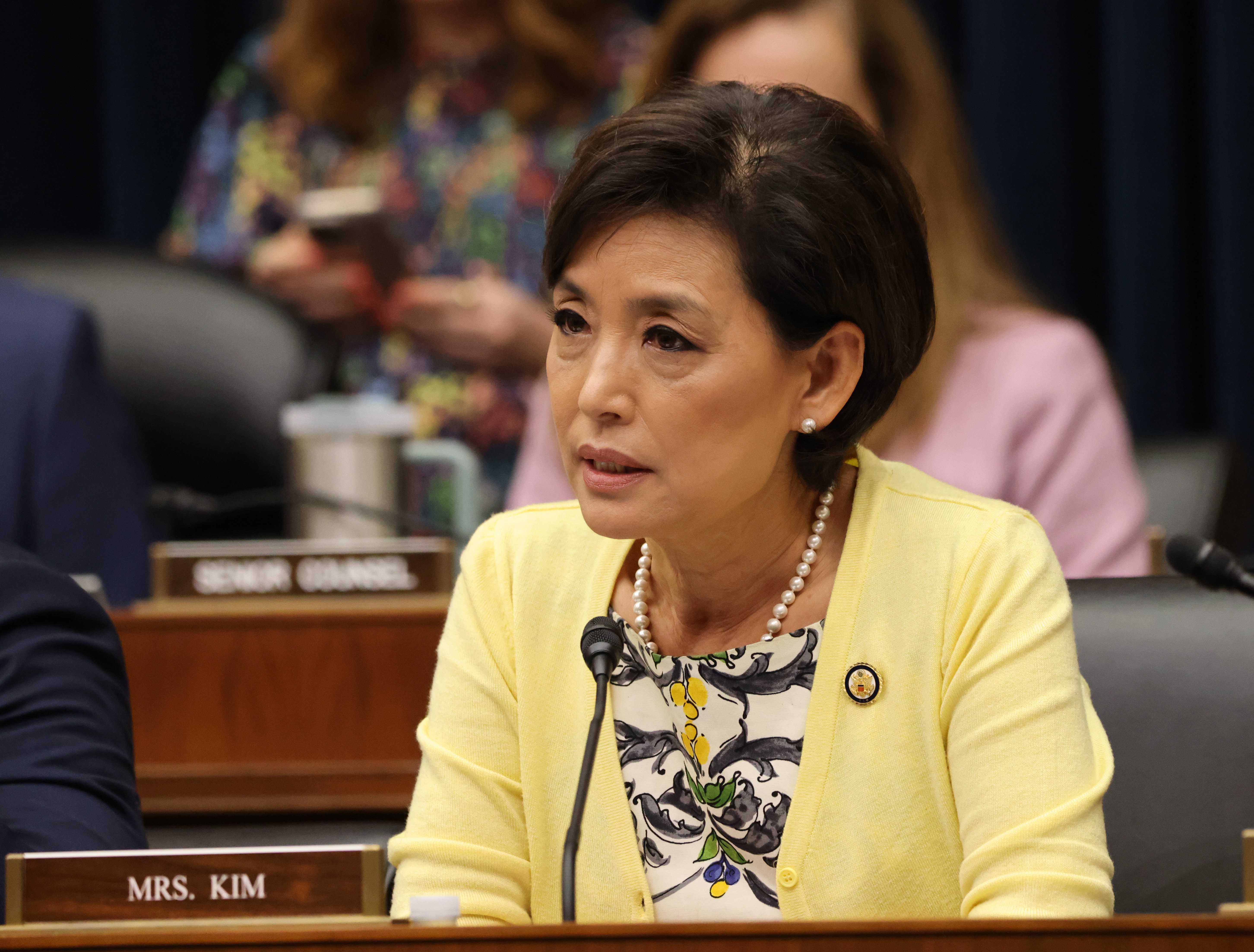Washington, DC – Today, U.S. Representative Young Kim (CA-40), chairwoman of the House Foreign Affairs Subcommittee on the Indo-Pacific, delivered opening remarks at her subcommittee hearing titled, “Properly Resourcing the Indo-Pacific in an Era of Great Power Competition.”
Watch her opening remarks HERE or read below.
Welcome to the Indo Pacific Subcommittee’s hearing entitled “Properly Resourcing the Indo-Pacific in an Era of Great Power Competition.”
The Indo-Pacific region’s economic, geographical, and military significance makes it an essential arena for U.S.-China competition.
Xi Jinping is growing bolder and more brazen by the day.
The PLA is using axes, knives, and water cannons in the South China Sea, flying fighter jets and sailing naval vessels around Taiwan, and bribing officials to influence Pacific Island nations.
We are at a crossroads in the U.S.-CCP Great Power Competition. China’s economy is slowing down, and the world is waking up to the CCP’s illegal and exploitative tactics and to its massive trade with Russia that has reconstituted its military.
During this time, we must choose to show up for our allies, or risk ceding our leadership to the Chinese Communist Party, or CCP.
With this objective in mind, we cannot ignore the very real budget restraints which means we need to focus on the priorities that matter most.
The Indo Pacific is the priority theater, according to our Defense Department, and the State Department has established a China House to focus attention.
Despite this, the East Asian and Pacific Affairs Bureau (EAP) is historically one of the most underfunded bureaus at State.
The CCP’s influence is strongest in the Indo-Pacific, and I want to ensure that amidst EAP cuts and increases to the Countering People’s Republic of China Influence Fund, or CPIF, that funds are prioritized for areas where malign CCP activity is most prominent.
In April, we passed the Indo-Pacific Security Supplemental that provided $2 billion to support the Foreign Military Financing Program for the region.
Still, I worry that this is not enough. EAP is receiving a small amount in the Fiscal Year 2025 SFOPS Appropriations bill.
I welcome robust funding for CPIF which, if used effectively, could be a critical tool for combating CCP influence abroad.
But so far, the scope of CPIF goes well beyond the Indo-Pacific, and I am concerned that this fund will become yet another account to finance any project around the world with even a remote nexus to China.
Our continued presence and programming in the region are crucial for our allies and partners and essential to preserving a free and open Indo-Pacific.
This is especially so with the Pacific Islands. We have made important steps in the right direction, such as opening embassies in the Solomon Islands and in Tonga, but we must continue meaningfully expanding our presence.
This past May, I was in the region to meet with Taiwanese President Lai and other high-ranking officials and to attend the Shangri-La Dialogue in Singapore.
The message is clear each time I visit the Indo-Pacific: our allies are waiting for us to show up, and we must demonstrate that we are here and here to stay.
When we don’t show up, our adversaries do.
China is funding critical infrastructure projects and signing security pacts across the region.
The U.S. remains the economic and security partner of choice.
But without greater U.S. support, the region could be forced to accept further trade and investment from the CCP.
The Indo-Pacific will choose us if they have the choice. But we must give our friends and allies this choice.
Given that the CCP’s aggressive actions in the South China Sea and around Taiwan might plunge the region into a crisis, we need to stop making empty promises and deliver.
The purpose of this hearing is to discuss the best path forward for the United States to counter the CCP in the Indo-Pacific region in the context of U.S. financial constraints and budget cuts.
I thank our witnesses for appearing before the Subcommittee to testify today, and I look forward to a detailed discussion about U.S. government efforts in this regard.




